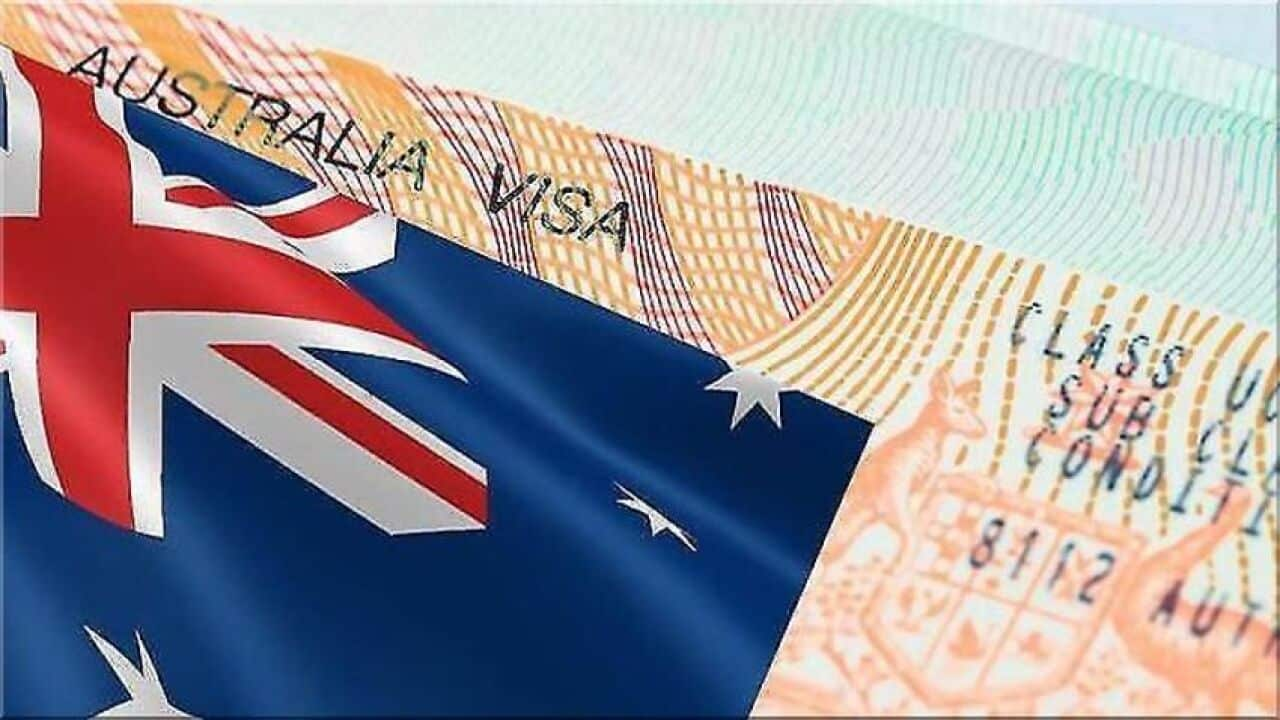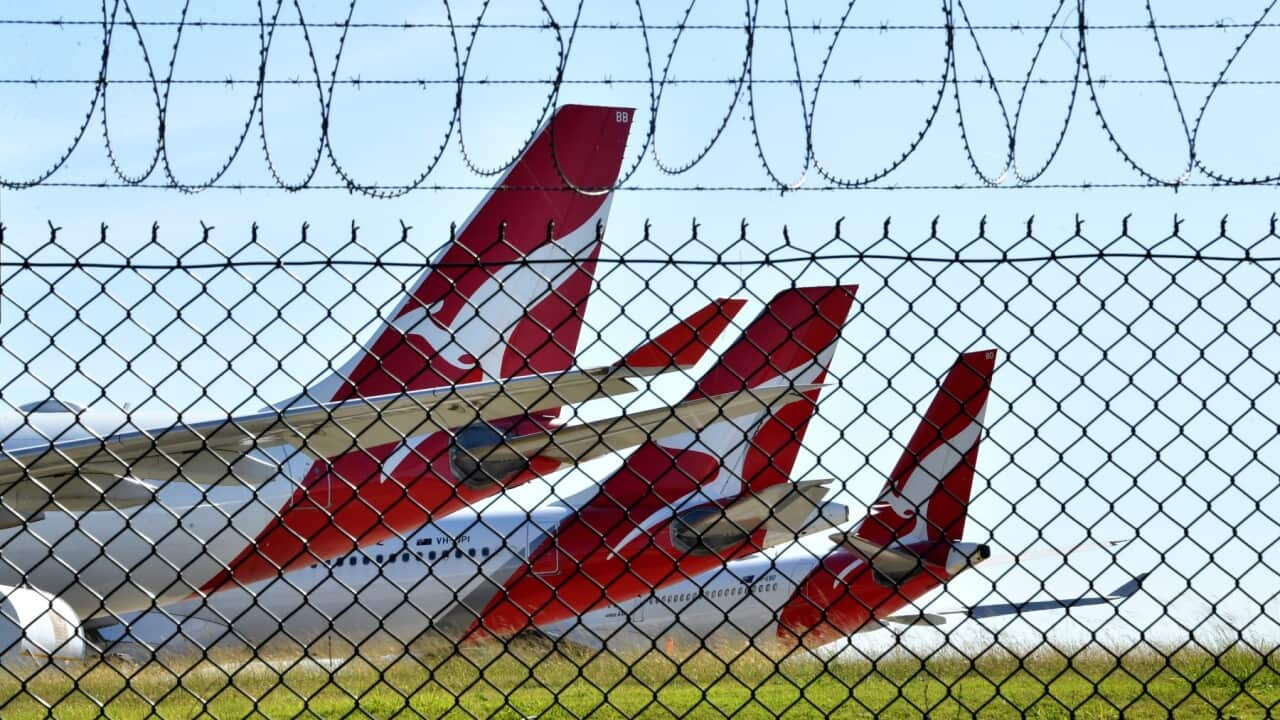Highlights
- One in five Australian businesses are struggling to find suitably skilled workers
- It is important that we have a clear path to reopening the international borders in a risk-managed way: ACCI
- A total of 75,000 temporary visa holders have entered the country via air and sea since March 20
Melbourne-based Raghubir Singh is an experienced motor mechanic who had planned to use his temporary graduate visa to gain work experience so he could eventually realise his dream to live in Australia permanently.
Instead, he is stranded in the northern Indian state of Haryana as his visa ticks down, leaving him with an uncertain future as it is still not known when Australia’s borders will reopen to non-citizens and non-residents.
“I came here to get married in March not knowing that I will be stuck here indefinitely. I have already wasted more than 11 months of my temporary visa – time that I could have utilised to work, to eventually get a permanent residency,” said Mr Singh.
The 31-year-old has applied for inward exemptions multiple times in the past ten months only to be rejected each time. He is now struggling to make ends meet as he strives to keep his life in Australia while incurring daily expenses in India and that too without any fresh source of income.
“I have to manage my finances here, while I also have to maintain a home in Melbourne. I was undergoing a special medical treatment in Australia, which also has now stalled,” rued Mr Singh.

Raghubir Singh is a temporary visa holder who remains stranded in India. Source: Supplied by Raghubir Singh
Mr Singh’s predicament highlights the problem of a country largely dependent on migration now in a quandary as Australia’s international arrivals remain capped by limited quarantine capacity that has been prioritised to bring vulnerable Australians home – leaving no room for skilled migrants like Raghubir.
The Australian Chamber of Commerce and Industry’s acting chief executive Jenny Lambert said businesses are bearing the brunt of the government’s hard border closure – as operators are struggling to fill the void left by skilled workers with locally available labour.
“To achieve this requires better ways of working with and beyond the quarantine caps to allow more Australians to return home as well as the skilled migrants we need.
“We have been consulting closely with Government on ways that this can be done fairly and efficiently,” Ms Lambert told SBS Punjabi.

A latest survey conducted by the Australian Bureau of Statistics reveals that one in five businesses are struggling to find qualified staff. Source: Getty Images
The latest survey conducted by the Australian Bureau of Statistics reveals that one in five businesses are struggling to find qualified staff, while almost one in six reported not having enough labour.
Businesses reported they were having difficulty in finding suitably skilled tradespersons, hospitality workers and STEM professionals, while labourers, drivers and managers were also in demand, the survey showed.
Ms Lambert said while the border closure has served as a key bulwark against the pandemic – its devastating impact on businesses and primarily international tourism cannot be overlooked.
“International tourism was worth over $60 billion per year to Australia and many thousands of businesses relied primarily or solely on international tourism for their income. Even beyond tourism, the inability to meet with clients and potential trading partners face to face has had a strong impact on trade.
“It is understandable that our international borders are restricted to deal with the health situation, but it is important that we have a clear path to reopening in a risk-managed way,” said Ms Lambert. Since March, a total of 75,000 temporary visa holders have entered the country via air and sea amidst a border ban that requires all non-citizens and non-residents to acquire a travel exemption from the Australian Border Force to renter the country.
Since March, a total of 75,000 temporary visa holders have entered the country via air and sea amidst a border ban that requires all non-citizens and non-residents to acquire a travel exemption from the Australian Border Force to renter the country.

Skilled migrants (representational image) Source: Getty Images
While the government has doubled the allocation for the relatively new Global Talent visa scheme and has also created a (PMSOL) to allow a select group of highly skilled migrants to bypass tough border restrictions, it has left many critical sectors out of this list - which Liz Allen, a demographer at the Australian National University said fails to consider the industries in dire need of a workforce.
“A migration program focusing on so-called exceptional talents will send some vital industries and services into significant stress, and all aspects of life will be adversely impacted for people living in Australia.
“The federal government will need to identify ways to safely welcome migrants back to Australia as soon as practicable - the socio-economic wellbeing of the nation depends on it,” said Ms Allen.
People in Australia must stay at least 1.5 metres away from others.
Testing for coronavirus is now widely available across Australia. If you are experiencing cold or flu symptoms, arrange a test by calling your doctor or contact the Coronavirus Health Information Hotline on 1800 020 080.
The federal government's coronavirus tracing app COVIDSafe is available for download from your phone's app store.
SBS is committed to informing Australia’s diverse communities about the latest COVID-19 developments. News and information is available in 63 languages at






